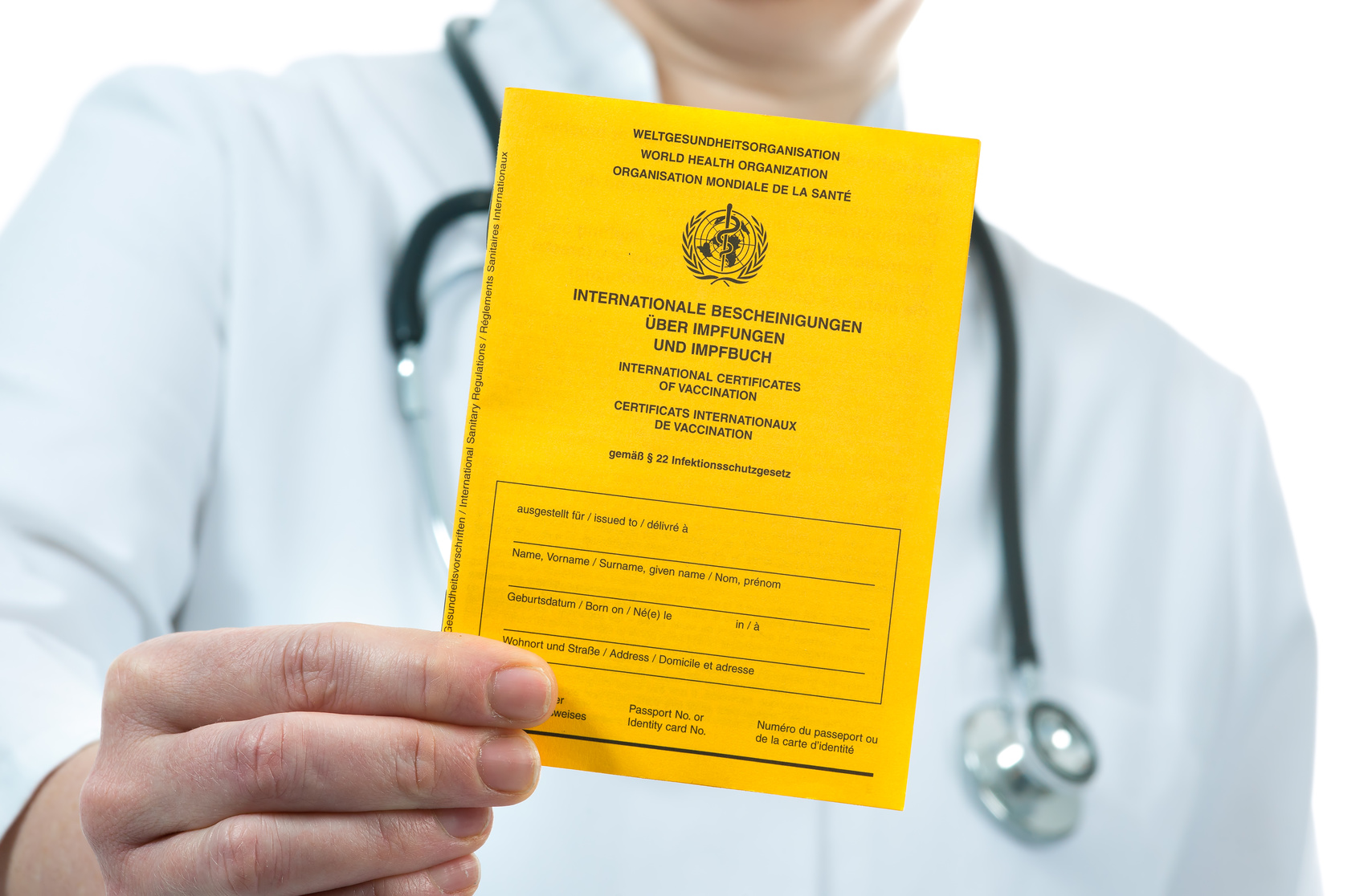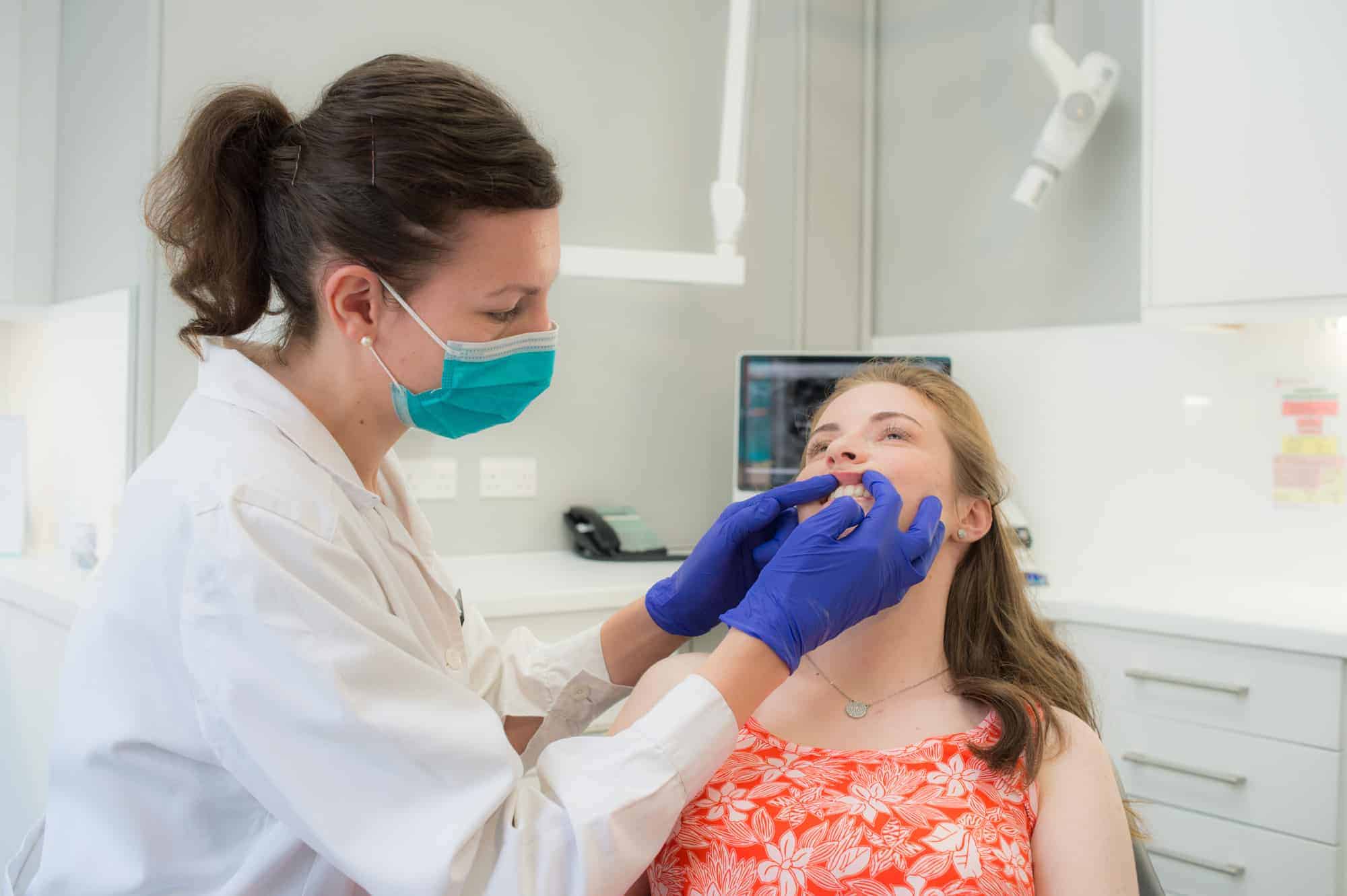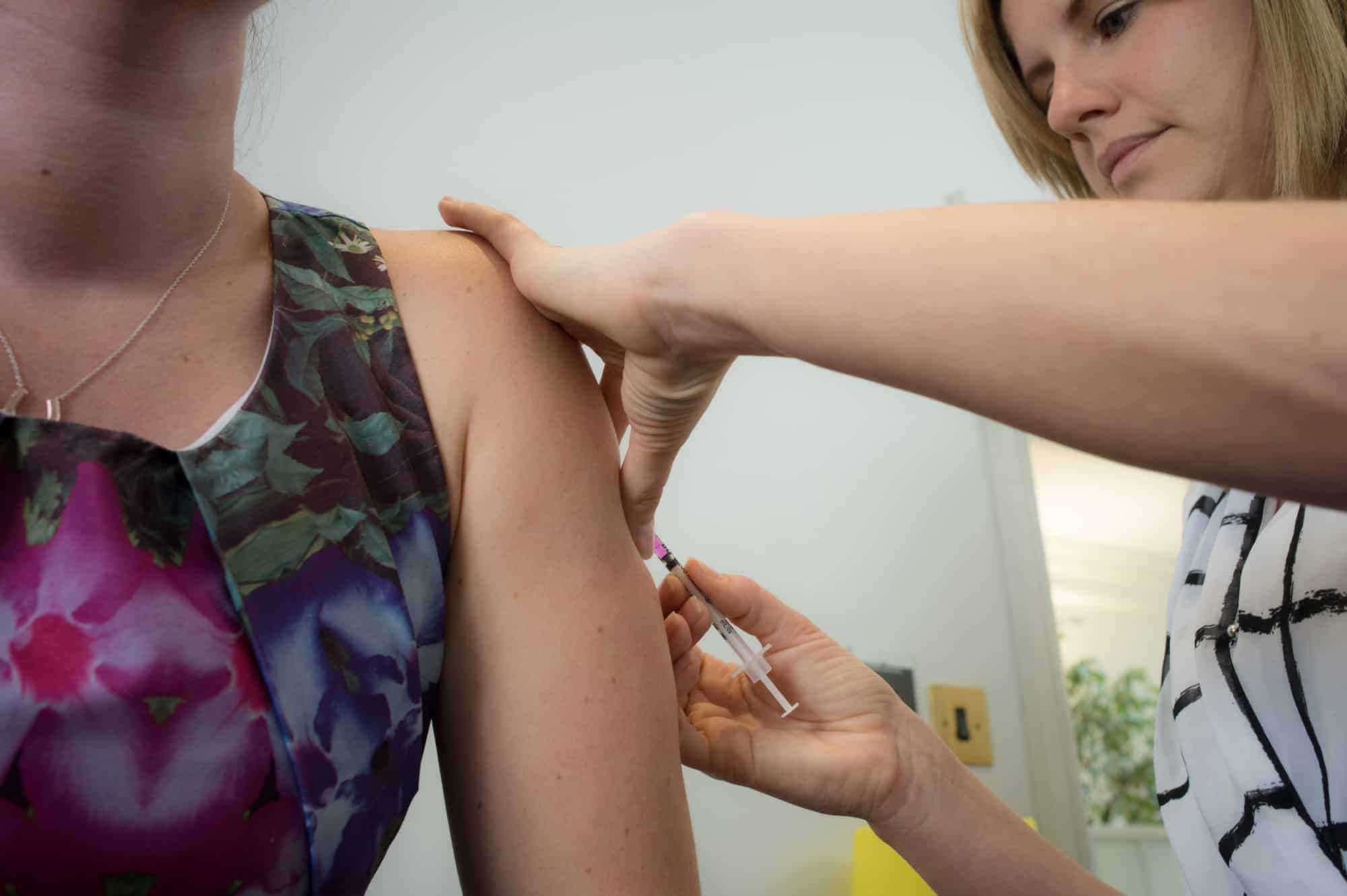Month: February 2019
Stay healthy at Holi
Holi is a famous spring Hindu festival that is celebrated in every part of India. It is known as the festival of colours and is mostly celebrated in March in Rajasthan.
The celebration signifies the beginning of spring beginning and the end of winter. It is sometimes known as the “festival of colours” or the “festival of love”. During the festival, it is encouraged to throw powdered paint (gulal) into the air. This symbolises the abundance of colours of spring and the celebration of a new season.
Here are top travel tips to stay healthy at Holi.
Don’t forget your travel vaccinations
Travellers going to India should ensure they are up-to-date with their travel vaccinations. These include Hepatitis A, Typhoid and Diphtheria, Tetanus and Polio. Rabies, Hepatitis B and Japanese Encephalitis are sometimes suggested and are dependent on where you’re travelling to and the activities you plan to do there. A consultation with a travel nurse will provide you with all the information needed to make an informed decision either way.
You can find more about vaccinations on our travel and wellness vaccine pages.
Eat, drink and be merry…
India is food heaven but don’t let travellers diarrhoea turn it into a Holi holiday hell. Avoid tap water or ice from an unknown source. Ensure bottled water has an intact seal if buying from a vendor. Alternatively, invest in a water-to-go bottle which has a built-in filter making unsafe water safe to drink. You can pick one up during a travel appointment at the clinic whilst getting your vaccines.
Eat well-cooked food served piping hot, and avoid fruits and salad items that might have been washed in the local water. It is worth investing in a gastro medical kit which contains all the necessary medicines should you get sick at any point during your travels.
Colour vision…
Holi festival is synonymous with the throwing of coloured powder. Contact lens wearers should stick to their glasses during the festival so to avoid getting dye in their eyes. Any dye that makes its way into your eye could cause a chemical injury and lasting damage. If any powder does get in your eye, wash it well with clean running water.
Don’t let the dye stop the DEET.
Dengue fever, chikungunya, Zika, Japanese Encephalitis and even malaria can occur in parts of India. Therefore, banish the bugs bites by covering up as much as possible, wearing a good insect repellent with at least 50% DEET. See our Ultimate Bug Kit.
If you are trying to conceive, travelling to ‘at-risk countries’ is not advised.
For more information on the Zika virus and advise, you can speak to one our travel nurses during a travel consultation.
We’d always recommend for travellers to book a 30-minute travel consultation with a travel nurse prior to travelling to ensure all necessary vaccinations are given and any risks are discussed.
Book your travel appointment today
By Anna Chapman | Travel Nurse | February 2019
Senegal is one of West Africa’s most visited countries; it is considered one of the most stable democracies in Africa, which is probably why it is more popular than it’s neighbouring countries. Senegal offers the hustle and bustle of Dakar, the sand dunes of the Lompul Desert, the clear waters of the Casamance and tropical backwaters of the Sine-Saloum Delta. Unfortunately, a tropical environment comes with tropical diseases, especially ones that fly!
Don’t wing it with your health, follow our top travel tips to stay healthy and have a bug-free break …
Sleeping Sickness
Sleeping sickness, also known as “human African trypanosomiasis”, is caused by the tsetse fly, which is native to the African continent and generally active during the day. If an infected tsetse fly, which is carrying the parasite, bites you, it can cause acute trypanosomiasis. Sleeping sickness infects the brain causing confusion, disturbed sleep (hence the name) and can be fatal if not treated.
Malaria
Malaria is prevalent throughout the whole of West Africa, including Senegal. It is spread by the bite of an infected Anopheles mosquito. Generally, these mosquitos bite most often during dusk til dawn. All travellers to Senegal should take anti-malarial medication and take preventative measures against mosquitoes.
Yellow Fever
Yellow Fever is a virus spread by the Aedes mosquito, that is most active from dawn till dusk. Catching Yellow Fever can be fatal but can be prevented by vaccination. The vaccination gives a lifetime of protection, however, it is not suitable for everyone and a comprehensive risk assessment should be sought from a travel clinic. Additionally, there is a requirement to be in possession of a valid Yellow Fever certificate when entering Senegal from another infected country, especially those who plan onwards travel to Gambia or Guinea-Bissau.
Zika Virus
Zika Virus is spread by the Aedes mosquito which commonly bites during the day in urban settings, such as Dakar and St Louis. The majority of people who are infected with Zika virus have no symptoms, but if contracted during pregnancy or close to conception it can cause Congenital Zika Syndrome. Currently, there is no vaccination nor cure for Zika virus infection and strict precautions against mosquitoes should be taken.
Best prevention to banish those bugs?
- Wear long loose clothing and cover-up. If the insects can’t bite you, they can’t transmit their diseases to you.
- Use a minimum of 50% DEET spray on any exposed areas of skin and reapply regularly
- Sleep under a mosquito net
- Treat clothes with permethrin
- Ensure you receive a travel consultation prior to departure to receive the appropriate pre-travel vaccinations and medications against malaria and Yellow Fever
- You can purchase one of our Ultimate Bug Kits to help protect yourself
Book your travel appointment today
By Anna Chapman | Travel Nurse | February 2019
The Blue Hole in Belize is famous for being a natural wonder with a unique diving experience. It’s world-class diving rates as one of the top 5 diving sites in the world. Belize is a great travel destination for the adventure traveller.
Avoid getting that sinking feeling by following our top 5 tips for staying healthy…
1 – Vaccinations are important.
Ensure you are up-to-date with your travel vaccinations including diphtheria, tetanus and polio and Hepatitis A. Speak to a travel nurse before you travel to ensure you are protected for your trip, especially if you have multiple destinations planned.
2 – Pack a small first aid kit.
A small first aid kit packed with travel essentials will cover you for minor injuries. Forceps or tweezers are useful for removing foreign bodies, such as sea urchin spines, and antiseptic wash or cream can be used to treat any coral cuts or abrasions. We stock a perfect essential first aid kit on our online shop.
3 – Be sun-safe to avoid sunburn.
Be conscious of how much sun exposure you get. The Caribbean sun can be strong with an increased risk of sunburn if you’re not careful. Wear sunscreen in between your dives with a protection level of at least SPF50 and spend time in the shade, especially in the midday sun between 11am and 3pm. Cover up with clothes, a hat and sunglasses to protect your skin, scalp and eyes.
4- Keep hydrated.
Although you are surrounded by water, diving and the sun exposure can cause dehydration. Ensure you drink plenty of fluids to prevent it. It is best to avoid drinking tap water directly, unless using a water bottle with a filter or chlorine dioxide tablets, both of which will make the tap water safe to drink. Another alternative is to buy bottled water with a seal although, those trying to reduce their plastic footprint should opt for the former options.
5 – Avoid sea sickness.
The journey from the mainland to the blue-hole can take up to 3 hours and is often crossing bumpy seas. If you are prone to travel sickness you may want to ensure you pack some medication to prevent this so not to interrupt your experience.
Book your travel appointment today
By Anna Chapman | Travel Nurse | February 2019
HAY FEVER: TIPS AND TEST
Are you one of the many millions in the UK suffering from hay fever at the moment? Learn more about the condition here.
WHAT CAUSES HAY FEVER?
Many allergens are in the air, where they come in contact with your eyes and nose. Airborne allergens include pollen, mould, dust and pet dander.
Other causes of allergies, such as certain foods or bee stings, do not typically affect the eyes the way airborne allergens do. Adverse reactions to certain cosmetics or drugs such as antibiotic eye drops also may cause eye allergies.
Some people actually are allergic to the preservatives in eye drops such as those used to lubricate dry eyes. There are now a wide range of preservative-free brands in unit (single) dose, novel multi-dose bottles and even sprays.
SUMMERTIME EYE ALLERGY TIPS
- Get an early start. See your optometrist before allergy symptoms start this year to learn how to reduce your sensitivity to allergens.
- Try to avoid what’s causing your eye allergies, whenever possible.
- Don’t rub your eyes if they itch! This will release more histamine and make your eye allergy symptoms worse.
- Use plenty of artificial tears to wash airborne allergens from your eyes. Ask your optometrist what they recommend.
- Reduce contact lens wear or switch to daily disposable lenses to reduce the build-up of allergens on your lenses.
- Consider purchasing an air purifier for your home, and purchase an allergen-trapping filter for your furnace.
QUIZ – HAY FEVER, EYE ALLERGIES SELF-TEST
Take this quiz to see if you might have eye allergies. Always consult your optometrist / general practitioner if you suspect you have an eye condition needing care.
- Do your eyes often itch, particularly during spring pollen season?
- Are you allergic to certain animals, such as cats?
- Have you ever been diagnosed with “pink eye” (conjunctivitis)?
- Do allergies run in your family?
- Do or have you ever used antihistamines and/or decongestants to control sneezing, coughing and congestion?
- When pollen is in the air, are your eyes less red and itchy when you stay indoors under an air conditioner?
- Do your eyes begin tearing when you wear certain cosmetics or lotions, or when you’re around certain strong perfumes?
If you answered “yes” to most of these questions, then you may have eye allergies.
See here for more information.
Pollen Calendar
For the best course of action or if you have any concerns about the health of your eyes, you can make an appointment online here.
November is Mouth Cancer Awareness Month, and Fleet Street Clinic has collaborated with the charity campaign MouthCancer.org to help raise awareness of the disease.
For more information about Mouth Cancer, you can read the Q&A’s below.
What is Mouth cancer?
Mouth cancer relates to cancer found in the lips, tongue, cheek and throat.
There are, on average, almost 7,800 new cases of mouth cancer diagnosed in the UK each year. The number of new cases of mouth cancer is on the increase, and in the UK has increased by over half in the last decade alone.
Who is at risk?
Mouth cancer is twice as common in men than in women, though an increasing number of women are being diagnosed with the disease. Age is a factor, with people over the age of 40 more likely to be diagnosed, though more young people are now being affected than previously.
People with mouth cancer are more likely to die than those having cervical cancer or melanoma skin cancer. Prognosis is good if the disease is caught early.
What can cause mouth cancer?
Although mouth cancer can affect anybody, around 91% of all diagnoses are linked to lifestyle. This means that by amending our lifestyle choices, we can help cut the chances of developing mouth cancer.
There are many known contributors to mouth cancer:
- Tobacco
- Alcohol
Many cases of mouth cancer are linked to tobacco and alcohol.
If tobacco and alcohol are consumed together the risk is even greater.
- Over-exposure to sunlight can also increase the risk of cancer of the lips.
- Poor diet is linked to a third of all cancer cases. Book a Dietitian Consultation
- Experts suggest the Human Papilloma Virus (HPV), transmitted through oral sex, could overtake tobacco and alcohol as the main risk factor within the coming decade. Book Your HPV Vaccine
What is the link between HPV and cancer?
There’s growing evidence that an increasing proportion of cancer is caused by HPV infection in the mouth. Around 1 in 4 mouth cancers and 1 in 3 throat cancers are HPV-related, but in younger patients, most throat cancers are now HPV-related.
HPV doesn’t directly give you cancer, but it causes changes in the cells it’s infected (for example, in the throat or cervix) and these cells can then become cancerous.
The HPV vaccine, Gardasil 9 is available at Fleet Street Clinic for both girls and boys. The vaccine was developed to fight cervical cancer, but it is likely that it’ll also help to reduce the rates of mouth cancer.
It is advisable to give the HPV vaccine before sexual activity starts to get the best protection. The underlying principle being there has been no exposure to any HPV strains yet. You can, however, receive the vaccination later on in life, this is down to personal choice. We’d recommend a GP consultation to discuss the HPV vaccine prior to booking.
More information on Gardasil 9.
What are the signs of mouth cancer?
Mouth cancer can appear in different forms and can affect all parts of the mouth, tongue and lips. Symptoms of mouth cancer include:
- A painless mouth ulcer that does not heal normally
- White or red patch in the mouth or on the tongue
- Any unusual lumps or swellings that linger
- 1 or more mouth ulcers that don’t heal after 3 weeks
- Pain when swallowing
- A feeling as though something’s stuck in your throat
Be mouth aware and look for changes in the mouth:
It is important to visit your dentist or your GP if these areas do not heal within three weeks.
How can mouth cancer be detected early?
Mouth cancer can often be spotted in its early stages by your dentist during a thorough mouth examination. If mouth cancer is recognised early, then the chances of a cure are good.
It is also advised to self-check regularly for any noticeable changes in your mouth, the inside of your cheeks, the front and sides of your neck, colour and texture changes of your tongue, changes to your lips and finally, lumps and swellings on your head and neck.
How can I keep my mouth healthy?
- It is important to visit your dentist regularly, as often as they recommend, even if you wear dentures. This is especially important if you smoke and drink alcohol.
- When brushing your teeth, look out for any changes in your mouth, and report any red or white patches, or ulcers, that have not cleared up within three weeks.
- When exposed to the sun, be sure to use a good protective sun cream, and put the correct type of barrier cream on your lips.
- A good diet, rich in vitamins A, C and E, provides protection against the development of mouth cancer. Plenty of fruit and vegetables help the body to protect itself, in general, from most cancers.
- Cut down on your smoking and drinking.
If you have any concerns about mouth cancer, you can book a GP appointment or a dental appointment with Temple Dental.
With thanks to mouthcancerawareness.org
Statistics via Mouth Cancer Foundation Org
At present, there is currently a shortage of Hepatitis B vaccine available in the United Kingdom and across the world.
Despite current global shortages, Fleet Street Clinic maintains good stock levels of the Hepatitis B vaccine.
The Hepatitis B virus is one of the most prevalent blood-borne viruses worldwide and is a major cause of chronic liver disease and liver cancer. In the majority of cases, Hepatitis B is asymptomatic – without symptoms. It is easily preventable through vaccination, and we strongly believe this vaccine should be offered more widely – all young, sexually active adults ought to be protected.
Although the overall risk for travellers is low, Hepatitis B immunisation is recommended for travellers travelling to East Asia and Sub Saharan Africa where between 5 – 10 % of the adult population is estimated to have persistent Hepatitis B infection. High rates of infection are also found in the Amazon, southern parts of eastern and central Europe, the Middle East and Indian subcontinents. The risk understandable increases for long-stay travellers in high-risk areas.
Certain behaviours and activities put individuals at higher risk, such as unprotected sex, adventure sports, body piercing, tattoos and injected drug usage.
Receiving medical or dental care in high-risk countries will also increase your risk and it is advised to avoid unless absolutely necessary. Travellers who have pre-existing conditions which may make it more likely for them to need medical attention should definitely consider the Hepatitis vaccination prior to travelling.
Cases of measles reported in the UK
A number of cases of measles have been reported in Liverpool and Leeds. Recent outbreaks in Europe, where countries such as Romania and Italy have been affected, are believed to have caused the increase in UK cases. To date, 17 cases in Leeds and 8 cases in Liverpool have been reported.
Measles virus
Measles is a highly infectious virus which can be transmitted to anyone who is not vaccinated, most commonly to young children. To prevent outbreaks, it is recommended that 95% of the population is vaccinated.
Initial symptoms can be similar to a cold and include:
- Runny nose
- High Temperature
- Spots in the mouth
- Aches and pains
- Sore eyes and swollen eyelids
A rash appears after 2-4 days which can present as blotchy spots, often starting at the head and progressing down. MEDICAL ADVICE FOR MEASLES
If you think you may be suffering from measles, or are concerned about the risk of infection, please see your doctor straight away.
Vaccination against MEASLES
Make sure you are up-to-date with your vaccinations including the measles, mumps and rubella (MMR) vaccine. Although the NHS immunisation schedule offers the vaccine to children from 12 months of age, the MMR can be given from 6 months. If you have not had measles or if you have not had two doses of MMR, you may be at risk. Measles is easily passed from person to person and can be a serious illness in adults as well as children. In 2012 there were 122,000 deaths worldwide caused by measles. It is never too late to have the vaccine.
MMR Vaccination at Fleet Street Clinic
You can book an MMR vaccination online.










